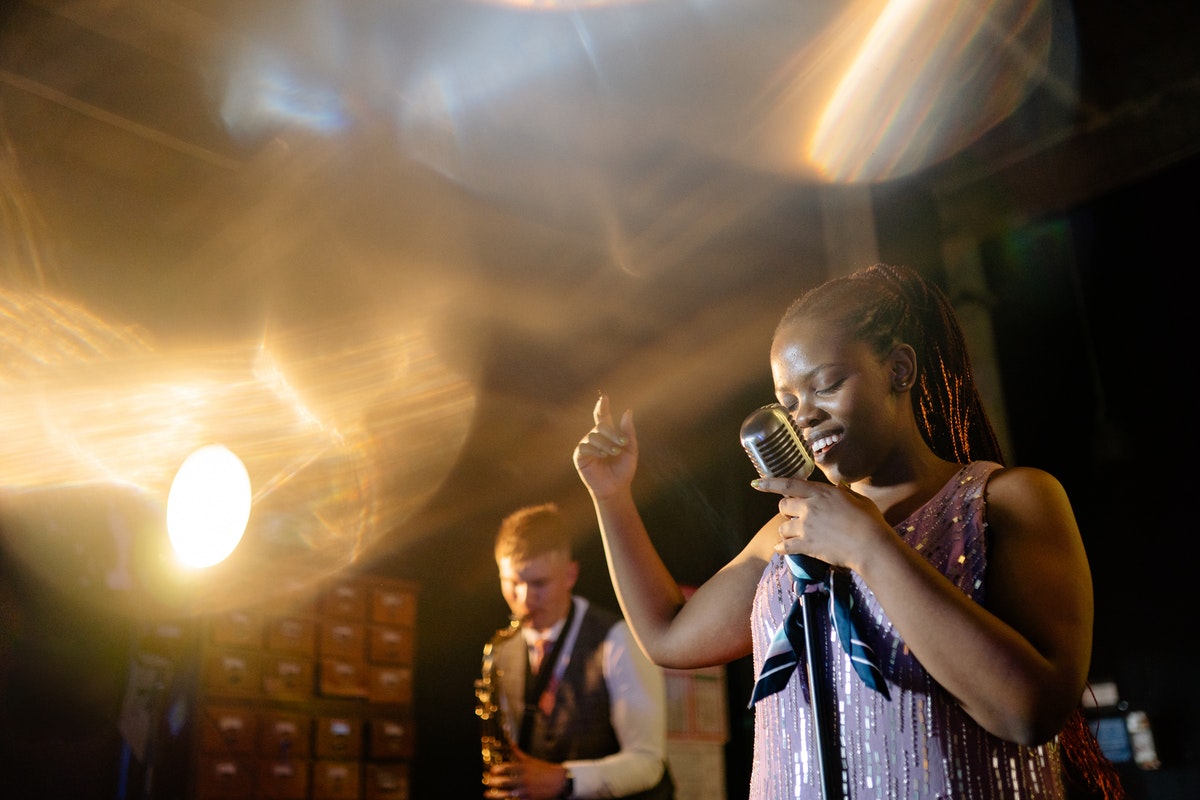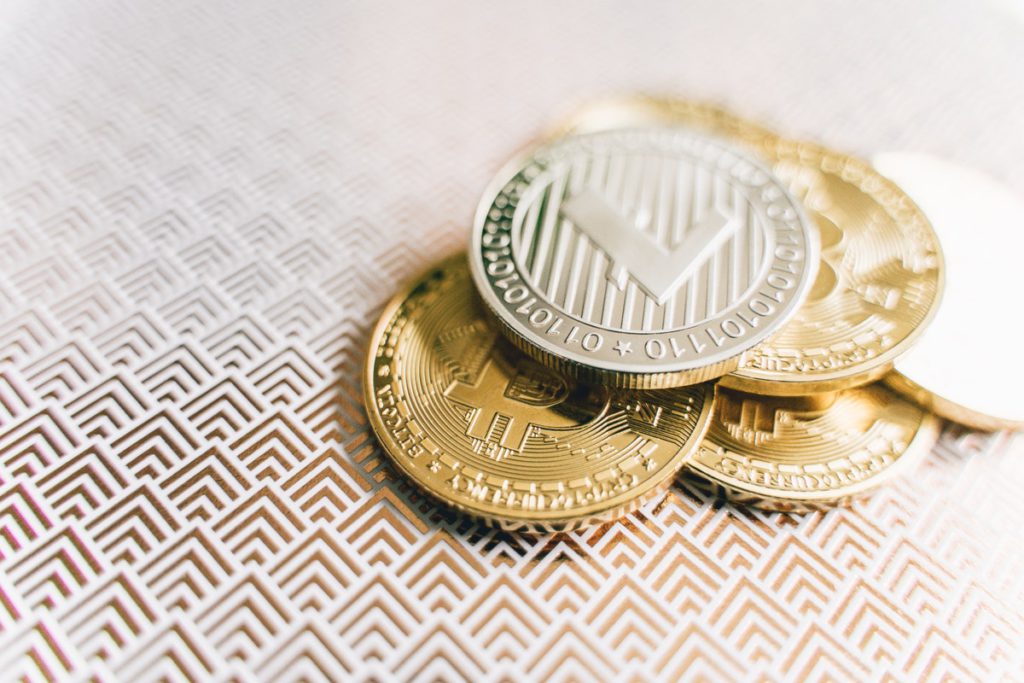
How Do Musicians Earn Using Blockchain?
The aim is to invest early in an artist and gain royalties as the musician gets more well-known, allowing them to profit from streaming tracks. Artists and musicians who earn royalties through music services and marketplaces store their cryptocurrency tokens or coins in wallets. Not only that, but blockchain technology in music services has the potential to revolutionize artists’ royalties by allowing them to achieve higher listening rates.
It is also worth to kickstart commercial music by noting that some well-known companies such as YouTube or Spotify Spotify could make a big difference to the music industry if some well-known companies decide to use blockchain technology to pay artists. One of the best things the blockchain can do for musicians is to eliminate middlemen in the sale of music (think labels and distributors) and centralized music streaming platforms (think Spotify). By eliminating the middleman, musicians can sell directly to their fans, who can store their goods directly on the blockchain.
Musicians can earn equal royalties, venues can prevent counterfeiting tickets, and record companies can simply track music streams and compensate all artists who provide songs or albums in a timely manner, thanks to blockchain. Artists get paid the same as royalties; record companies can easily track their music streams and pay their artists early. Artists can earn fair royalties thanks to blockchain music companies. This new system, while great for music lovers, may not be suitable for smaller independent artists who receive relatively low commissions from royalties, even if their tracks are widely distributed.
Currently, music kickstarter amass only about 12% of its revenue on traditional platforms such as Spotify and Apple Music. Reports show that Spotify pays artists just $0.0033 per play, an amount that doesn’t increase much compared to other streaming services. As The New York Times points out, the bulk of the revenue likely goes to the record labels before it reaches the artist, which means musicians who want to make a living from streaming services will be out of luck if they can’t play. Hundreds of millions. Payments to artists by music industry intermediaries have been controversial, and the digital age is no exception, with many musicians lamenting the low yields of streaming services.
The emergence of blockchain newcomers was driven by backlash from major music streaming platforms favouring established artists, with little opportunity for independent musicians to gain the audience they needed to monetize. The market is still in its infancy, with blockchain-based streaming platforms recently emerging with the support of influencers such as ConsenSys and Warner Music Group. There are dozens of blockchain-based platforms claiming to be about to open up the possibility for independent musicians to license, distribute and earn money from their work, ranging from the artist- and fan-facing content portals to digital currencies and types. new and independent audio files. their musicians. Decentralized technologies in music have been advocated by artists such as Lupe Fiasco, Gramatik and Pitbull, and their proponents are promoting distributed blockchain technology as a way to efficiently publish music, simplify royalty payments, eliminate costly middlemen, and establish the point of origin of music. creators.

Artists can make money faster with NFT sales, while fans can earn more by supporting the music they love.
Artists can set the price, sale type, and royalty share for each NFT sold, and fans can unlock those royalties by simply promoting the music on social media. NFT sales will allow artists to earn royalties on an ongoing basis, well above the typical $0.0006 they currently earn through traditional streaming services.
Through NFTs, StarCoin known as a music crypto coin will allow artists to earn up to 80% of their revenue from music on the streaming platform. In addition to signing artists and recording their music, StarCoin will make it easier for artists to create exclusive NFTs for their songs and sell them on the StarCoins NFT marketplace, providing artists with additional income.
NFTs will provide many opportunities for artists to sell their music, merchandise, tickets, digital art or resources to digital music collectors. We may see an era where artists can do business directly with music retailers and sell their NFTs like their own CDs. Music NFT startups like Royal believe that musicians can make more money by selling directly to fans like NFTs. Artists and musicians can create their own NFTs to auction off various forms of digital media to fans who pay with cryptocurrencies like Bitcoin, Ethereum, and others.







